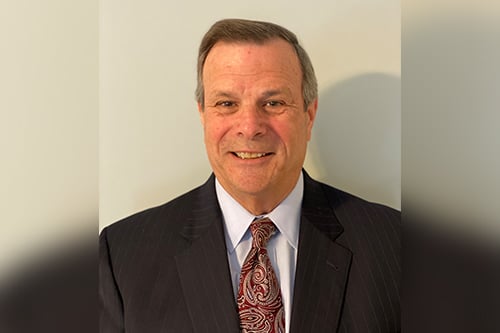

A bill pending before the House Financial Services Committee – H.R. 4523, Non-profit Property Protection Act – is proposing to allow well-established risk retention groups (RRGs) to expand their offering beyond liability risks to meet their members’ property and auto physical damage insurance needs.
The bill seeks to amend the Liability Risk Retention Act (LRRA) – a piece of legislation passed by Congress in 1986 in reaction to the severe liability insurance crisis of the late 1970s and early 1980s – so that RRGs serving small and mid-sized 501 (c)(3) non-profit organizations can offer additional coverage, under strict limitations.
Under the proposed amendment, RRGs will be allowed to offer property and auto physical damage insurance if the following requirements are met: they’re serving 501 (c)(3) non-profit organizations; they’re chartered or licensed as an insurance company under state law and they’re allowed to write insurance; they have provided liability insurance for at least 10-years, they have at least $10 million in capital, and they have at least one insured with a maximum total insured value of $50 million.
Furthermore, they will only be allowed to offer property insurance if there is a lack of coverage options for 501 (c)(3) non-profit organizations in a state, specifically if there are less than three licensed, admitted carriers providing standalone property in BOP form and auto physical damage.
“What the legislation would do is enable certain RRGs to offer property insurance and auto physical damage, but the limits would be constrained – we’re talking about smaller policies and smaller aggregates,” said Jim Scardino (pictured), president, AmTrust Nonprofit division at AmTrust Financial. “There are some very good RRGs operating in the non-profit space. They do a great job, they’re focused strictly on their clients, and they’ve developed substantial equity to support what they do. To enhance their proposition by offering property insurance would seem to be a logical step.
“However, every line of insurance business is different. Commercial auto is different to general liability, which is different to property, and so on. Having the technical ability to underwrite property and having agents that understand how to present it is important. Also, having the reinsurance behind it is critical because when you get a commercial property claim, it’s often a short-tail event that can be very intense. You can also be exposed to broad catastrophes like wind, flood and fire, so being well prepared is vital. RRGs that want to embark on this shouldn’t expect it to be easy.”
Bill H.R. 4523 has met with mixed reviews. Many brokers are in favor of the legislation because they believe it will alleviate some of the challenges in the marketplace – specifically, tightened terms and conditions for commercial property and auto insurance at skyrocketing premiums. However, some groups, like Big “I” and the NAIC, are opposed to the amendment, citing regulatory and solvency concerns with the RRGs.
When testifying on behalf of the NAIC in front of The House Financial Services subcommittee on Housing, Community Development and Insurance, Chlora Lindley-Myers, director of Missouri Department of Commerce and Insurance, said: “We are seriously concerned that allowing RRGs to sell commercial property coverage would create more risks for the RRGs and, ultimately, their insureds. The limited oversight of non-domiciliary states in the RRG regulatory framework, coupled with the lack of state-run guaranty fund protection and increased risk of insolvencies associated with RRGs, could expose non-profit organizations, and those who rely upon them, to unnecessary risks.”
Scardino sees both sides of the argument. He acknowledges that more product options for clients – especially smaller and mid-sized non-profit organizations – is always “a good thing, as long as it’s well managed.” The moment of truth, he said, will come at claim time in terms of how expert the claim handlers are at indemnifying the insured in the case of a loss. He stressed: “That’s going to be key.”
